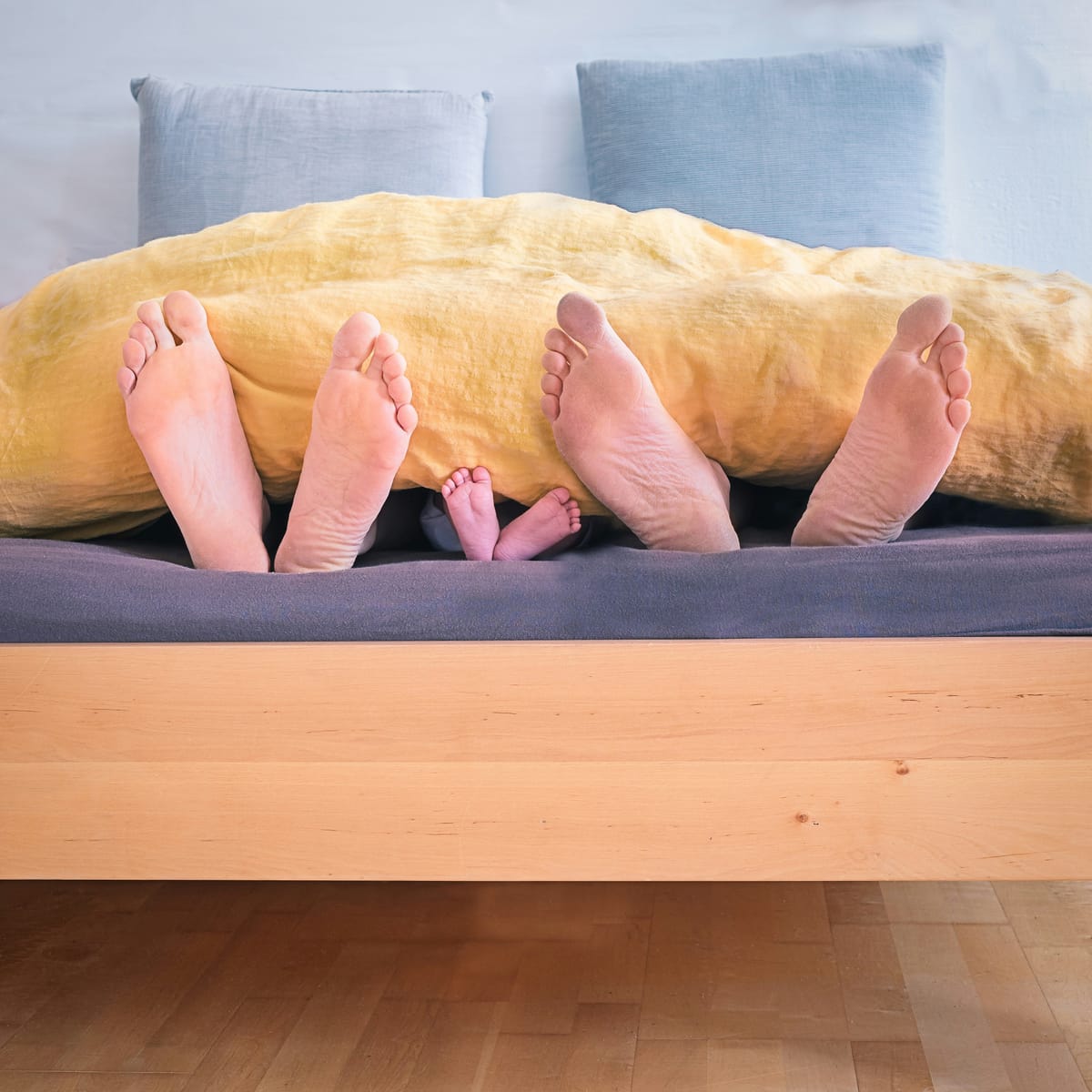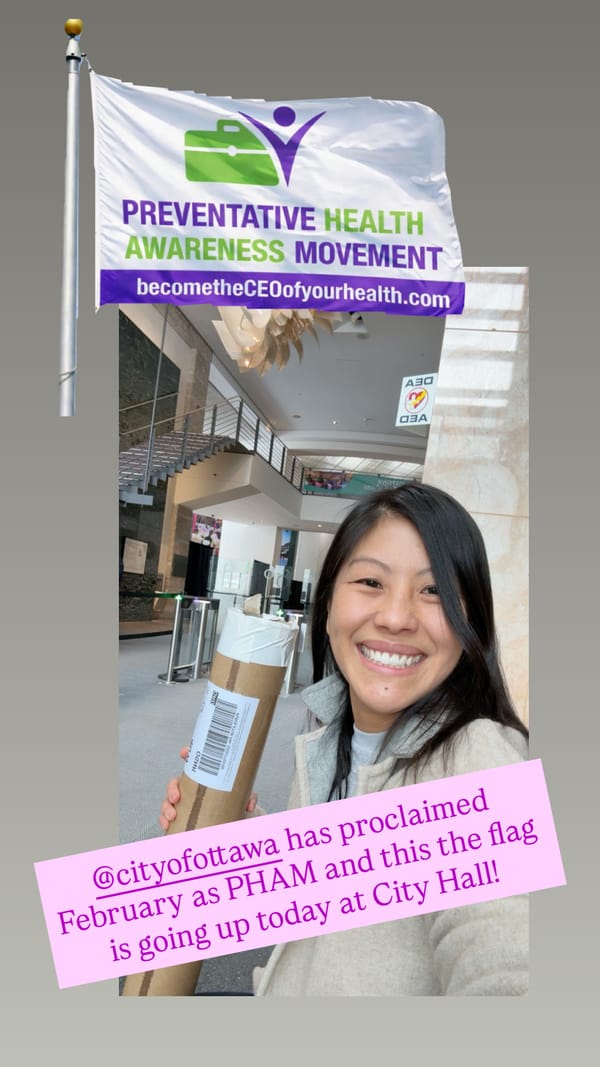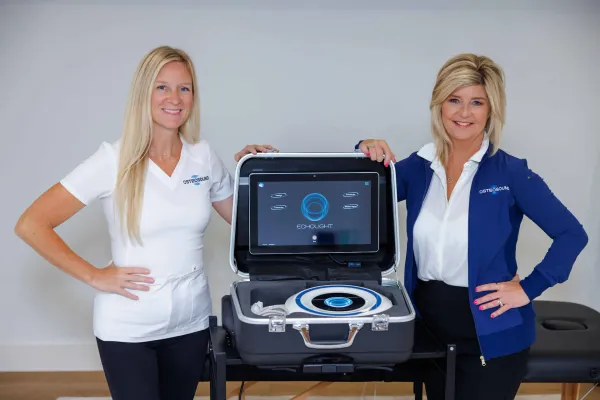Bedtime Routines that Reduce Stress 💤😴💤

Is stress affecting your sleep? Is sleep affecting your stress?
It’s a vicious cycle - I’m stressed so I can’t sleep and I can’t sleep so I’m stressed! It’s like the chicken and the egg.
For those of us who have experienced problems sleeping (hello everyone!), we know this can be serious stuff after even just a day or two, never mind when it becomes a pattern.
According to the Canadian Sleep Society, “about 40% of Canadians experience insomnia as a symptom at any given time” and “approximately 10%, or about 3.5 million Canadians, suffer from diagnostic levels of chronic insomnia.”
Whether it’s physical or emotional pain, or any other types of stress, it can take a toll on our minds and bodies.
It seems like it should be simple enough, right? Get in bed, turn off the lights, close your eyes, and fall asleep. If only!
But there ARE things we can do, and planning and preparing for sleep might just be the keys to getting those good zzzzz’s. You know that saying - failure to plan is a plan to fail . . .
Today we’ll look at:
❇️ how what you do leading up to bed can affect your sleep
❇️ how will a sleep journal help
❇️ how Emotional Freedom Techniques might help
I’m Nancy Brooker, Certified Menopause Coaching Specialist, the Living In Yes Coach for women navigating the challenges of menopause.
Here we go!
❇️ HOW DOES WHAT I DO LEADING UP TO BED AFFECT MY SLEEP? IE WHAT COULD BE HURTING MY SLEEP?
- When you use that time to watch movies or a TV series, check email, or read blog posts (well, maybe except this one 😃), here's what can happen:
- all of those activities include electronics and some kind of screen time which will decrease the quality of your sleep and, as a result, the quality of your next day. This is mainly because of the blue light emitted from screens. Blue light decreases the melatonin (sleep hormone) production in your body and messes with your circadian rhythm.
- Watching emotionally intense content, or have heavy conversations might get you all riled up, and make it challenging to fall asleep
- Drinking caffeine - caffeine is a stimulant and can also create a sleep challenge.
- Evening snacking - your body is really built to be resting and digesting during the night, so after dinner and late night snacking could be your culprit.
- Other activities, like workouts, can trigger you to be more active when you should be winding down.
✔️ What might I try instead before bed?
Try some activities that help get your natural sleep rhythm on track.
- Drink decaffeinated hot tea
- Take a hot bath or shower
- Read
- Listen to a meditation
- Wear comfortable clothing
- Make your room an oasis, your bed and bedding comfortable. Have I mentioned comfort 😉
- According to the Sleep Foundation , "the best room temperature for sleep is approximately 65 degrees Fahrenheit (18.3 degrees Celsius). This may vary by a few degrees from person to person, but most doctors recommend keeping the thermostat set between 60 to 68 degrees Fahrenheit (15.6 to 20 degrees Celsius) for the most comfortable sleep.
- Consider sound to help you sleep. When my husband and I first married, that sound that helped him fall asleep was listening to a Toronto Blue Jays game. It didn't work as well for me, but we figured it out. You could try a white noise (like a fan or a machine), and there are even apps that can create ambient noises like the jungle, or the rain, or whatever you need to help soothe you and keep you asleep.
- A weighted blanket might help
❇️ HOW WILL A SLEEP JOURNAL HELP?
A sleep journal can help you identify triggers and it can help your doctor uncover patterns. You could include things like:
- Food and beverage
- what/when you ate that night
- any caffeine or alcohol use
- how much water (or other liquids) you drank
- What activities you did, including exercise
- When you first got into bed, when you fell asleep, if you woke up during the night, what time you woke up (sleep monitors like a Fitbit are great for this)
- any medications you may have taken during the day
- if / when you napped
- Any stressors from the day
❇️ Try Emotional Freedom Techniques (EFT or Tapping) for sleep
EFT is a research based mind body approach to processing difficult emotions using acupressure points, and mindful and vocal attention to our thoughts and feelings.
It’s a very powerful yet simple and gentle way to relieve stress by calming and regulating your nervous system. It can help you think more clearly, take action, and make changes in your life with calm, clarity and confidence.
And it’s available right at your fingertips.
You can use it to:
- Help you process stressors from the day.
- Help you process how you feel about the stress, and what specifically worries you:
- about sleep itself
- about not getting to sleep
- about waking up
- about what will happen tomorrow if you don’t sleep tonight
- To help you set up a good routine for sleep hygiene, taking those actions mentioned above that will help you get a better sleep.
Watch this video showing the basic tapping EFT tapping points to get you started.
Creating a bedtime routine that works for YOU will help you consistently get ready for bed and fall asleep with very little effort.
❇️Consider what might be hurting your sleep and what could help.
❇️Keep a sleep journal to identify things that create a trigger or tranquil state.
❇️Use Emotional Freedom Techniques to help relieve stressors and get a good night’s sleep.
And remember, everyone is different, what one person needs to wind down may look very different than someone else.
Need some help making a change? I’m Nancy Brooker, the Menopause Coaching Specialist, Certified and Accredited Advanced EFT Practitioner and Master Life Coach. Let’s talk ❤️
Hit pause, then PLAY! Life shifts and so can you. Menopause is a groove, not a grind! 💃🏻
https://bit.ly/ScheduleACallWithNancy
Dear mind, please stop thinking so much at night. I need to sleep. - author unknown
#sleep #health #night #relax #kids #healthylifestyle #goodnight #selfcare #wellness #tired #mentalhealth #sleep #sleepy #anxiety #bed





